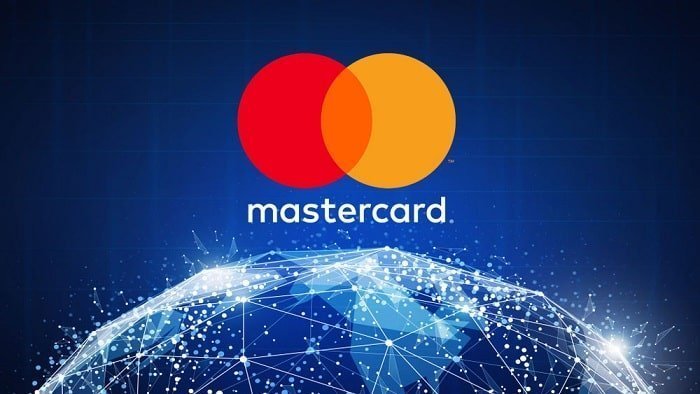Mastercard, Credit Libanais Mastercard has partnered with Credit Libanais to enable the acceptance of inbound cross-border payments through direct bank deposits. The collaboration is a first in the country as it modernises remittances and allows account holders to receive funds swiftly and securely.
Through this partnership, Mastercard’s technology will enable Credit Libanais to deliver a better experience for their clients by simplifying and optimising the process of cross-border payments. The advanced solution will allow for the transfer of US dollars to the bank’s clients by leveraging its global network and processing digital payments through a single connection.
Cynthia El Khoury, Country Business Development Lead, Levant, and Iraq at Mastercard said, “Mastercard Cross Border Services connects families and friends from all over the world; it empowers communities and broadens access to financial resources. Through this partnership with Credit Lebanais, consumers will now be able to send money to their family and friends with increased convenience and peace of mind. As a trusted technology partner, Mastercard is committed to empowering consumers to connect to the digital economy in simpler and more secure ways.”
Credit Libanais has further plans to extend support for similar cross-border payments to be credited to clients at other Lebanese-based banks.
Randa Bdeir, Deputy General Manager and Head of Electronic Payment at Credit Libanais said, “Our partnership with Mastercard comes at a time of a growing need of Cross-Border payment services in Lebanon. This collaboration will address a need in the market especially that the rate of digital money transfer between people has increased, creating new payment model, so we introduced this new service that will provide the clients of Credit Libanais and other Lebanese banks, a safe and convenient experience at affordable prices.”
Bdeir added, “Switching more payments out of cash into digital, lowers the cost of payments and increase the velocity of money in the economy which will be translated directly in the GDP growth.”






















